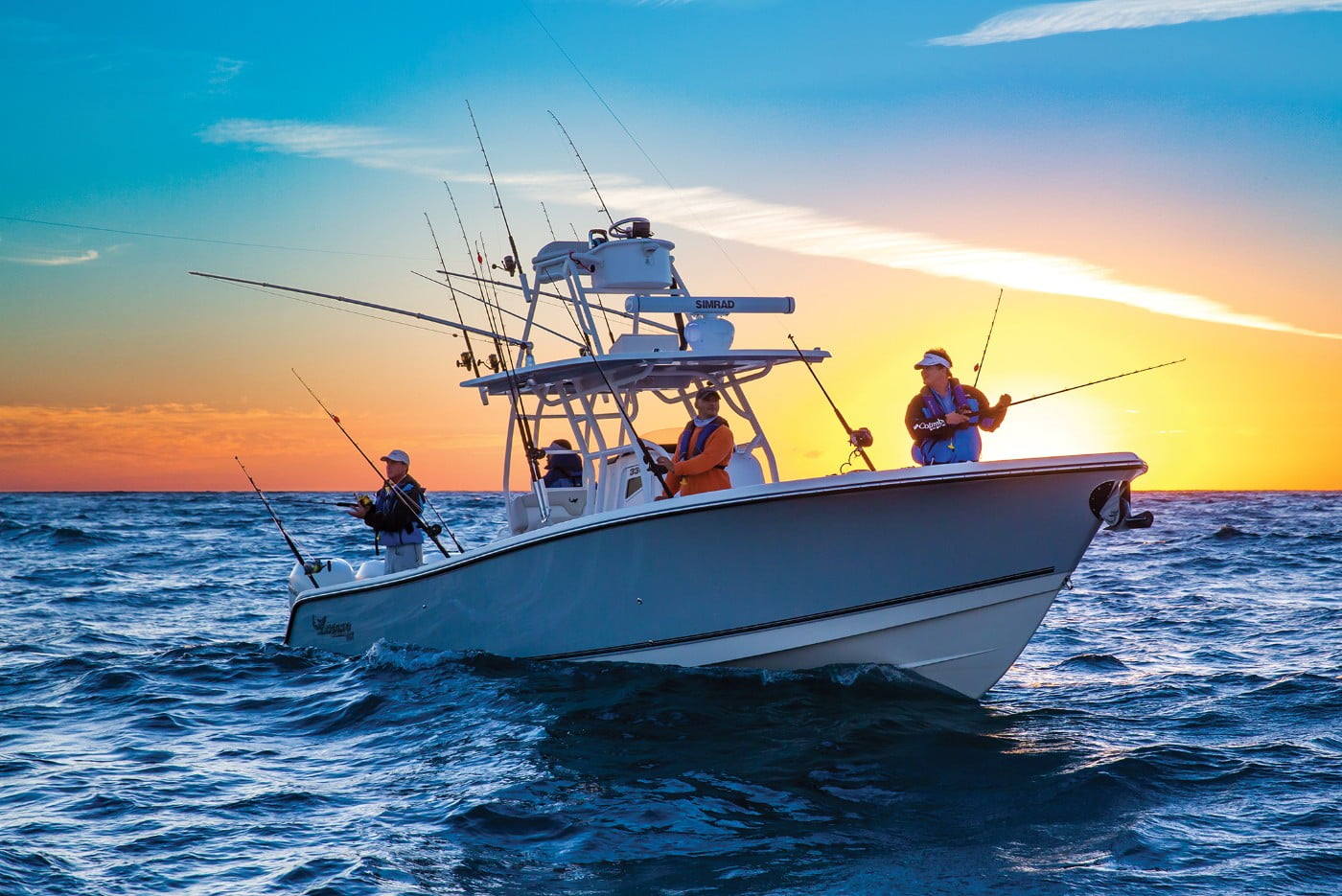If your entertainment-time plans encompass boating or fishing, recent adjustments in Michigan’s Natural Resources and Environmental Protection Act (NREPA) can also affect you. Beginning March 21, watercraft customers within the state are required to take steps to save you the spread of aquatic invasive species. Also, everyone fishing with a stay or cut bait or practicing catch-and-release fishing will need to take precautions to limit the motion of invasive species and fish diseases.
What boaters need to recognize
For boaters, amendments to Sec. 41325 of NREPA (Act 451 of 1994), finalized close to the near of the 2018 legislative consultation, have an effect on both motorized and non-motorized watercraft, trailers, and other conveyances used to move watercraft. In addition to the present law requiring all aquatic plant life be eliminated from boats and trailers earlier than launching, the modifications require the subsequent, previous to transporting any watercraft over land: Removing all drain plugs from bilges, ballast tanks, and stay wells.
Draining all water from any stay wells and bilges.

Ensuring the watercraft, trailer, and any conveyance used to move the watercraft or trailer are freed from aquatic organisms, including plants. This method after trailering boats and before getting on the road, boaters need to pull plugs, drain water, and get rid of flowers and debris from all watercraft, trailers, and different conveyances. A short video from the Michigan Department of Environmental Quality indicates the steps boaters can take to conform with the brand new regulation.
What anglers need to recognize For anglers, NREPA amendments codify the Michigan DNR’s Fisheries Order 245 concerning the discharge of baitfish, series, and use of baitfish and reduce bait, and release of captured fish, especially:
An individual shall now not launch baitfish in any waters of this country. A person who collects fish shall not use the fish as bait or reduce bait except within the inland lake, circulation, or Great Lake in which the fish became caught, or in a connecting waterway of the inland lake, circulation, or Great Lake in which the fish become caught if the fish could freely circulate between the unique place of capture and the region of release.
A character who catches fish other than baitfish in a lake, stream, Great Lake, or connecting waterway shall only release the fish in the lake, circulate, or Great Lake where the fish became stuck, or in a connecting waterway of the lake, stream, or Great Lake in which the fish was caught in the fish could freely circulate among the original region of seizing and the vicinity of launch. Whether bought or gathered, unused baitfish must be disposed of on land or in the trash – by no means within the water. Any baitfish an angler collects may be used handiest within the waters where it became in the beginning gathered.
“It is crucial to make clear that anglers are allowed to trap and launch fish,” stated Seth Herbst, the DNR’s aquatic species and regulatory affairs supervisor. “Anglers who’re catching and freeing fish need to most effectively relaunching the fish into the same water or in a connecting body of water the fish could have reached on its very own.”
Why it subjects
“Many invasive species pass from one place to another with the assist of human transportation,” stated Kevin Walters, an aquatic biologist with the DEQ. “Plants like Eurasian watermilfoil or starry stonewort can tour from lake to lake on boats and trailers. Just one plant fragment can begin a brand new population.”
Draining boats and cleansing trailers can limit the unfold of zebra and quagga mussels, common in some inland lakes. A more recent invader, the tiny New Zealand mud snail, can hitchhike from a river to a river when mud or debris is left on kayaks, canoes, and equipment.
Moving fish from one body of water to every other can unfold fish illnesses, like heterosporous (a parasite of yellow perch) and viral hemorrhagic septicemia virus (VHS), a severe disorder that may affect many fish species. Additionally, fish diseases may be unfolded to new locations whilst water wearing parasites, or contamination is transferred via bilges, live wells, or ballast tanks.
What you should do
- Here are a few easy guidelines of thumb to assist boaters and anglers in navigating those laws.
- CLEAN boats, trailers, and gadgets.
- DRAIN stay wells, bilges, and all water – pull all drain plugs.
- DRY boats and system.
- DISPOSE of undesirable bait inside the trash. And d not forget whilst practicing trap-and-launch fishing, return the fish to the water wherein it became caught.








